
Why do Orthodox Christians customarily attend church on Sundays? What historical and religious significance does Sunday hold? How is it connected with the Resurrection, and why is it considered a day of rest and joy? What do other cultures call this day, and why?
Is Sunday the Same as the Sabbath?
The designation of Sunday as a day of rest has a complex and rich history, and there are varying opinions about whether it serves as the first or seventh day of the week. Some argue that Sunday has essentially taken over the role of Saturday.
The Old Testament tells us, “Then God blessed the seventh day and sanctified it, because in it He rested from all His work which God had created and made” (Genesis 2:3). This passage identifies the Sabbath as the seventh day—a day set apart for rest and a break from secular activities. The Commandments, delivered by Moses from Mount Sinai, reinforce this: “Remember the Sabbath day, to keep it holy. Six days you shall labor and do all your work, but the seventh day is the Sabbath of the Lord your God. In it you shall do no work…” (Exodus 20:8-11).
The significance of Sunday begins with the events of the New Testament. Christ’s crucifixion occurred on Friday, described as “the day before the Sabbath” (Mark 15:42). The Myrrh-bearing women visited Christ’s tomb after the Sabbath, marking a period when the Lord descended into hell. Importantly, Christ’s resurrection occurred on “the first day of the week,” marking a profound moment not only in Christian faith but in the weekly observance (Mark 16:9).
Apostle Paul emphasizes the centrality of this event, stating, “And if Christ is not risen, then our preaching is empty and your faith is also empty” (1 Corinthians 15:14). This new understanding transformed the Sabbath from merely a day of rest to a celebration of Christ’s resurrection, fulfilling the Old Testament prophecies and reshaping the fourth commandment. Sunday, therefore, is not just a weekly holiday but the commemoration of the day on which humanity’s salvation was realized.
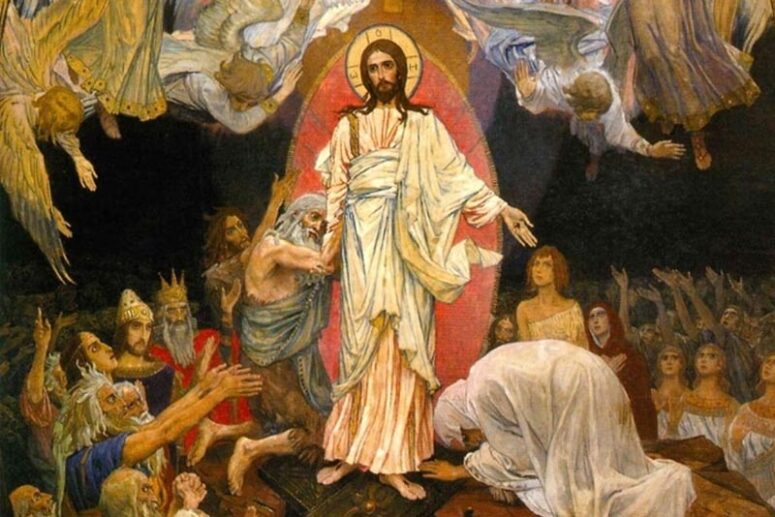
Establishing Sunday as a Day of Rest and Worship
Sunday was formally recognized as a day of rest by Emperor Constantine the Great, who played a pivotal role in Christian history with his Edict of Milan. This edict, which promoted religious tolerance, ultimately elevated Christianity to the status of a state religion.
On March 7, 321, Emperor Constantine enacted a decree that transformed Sunday—the day traditionally associated with the sun in Roman pagan culture—into a recognized day of rest. According to this decree, all secular activities were to be suspended: markets closed, and state functions halted, although agricultural work was exempt from these restrictions.
After gaining control over the entire Roman Empire in 323, Constantine extended the provisions of the Edict of Milan throughout the eastern territories, further solidifying the importance of Sunday across the Empire.
Subsequent edicts continued to reinforce the significance of Sunday. In 337, a law was passed requiring Christian soldiers to participate in Sunday liturgies. Later, Emperor Theodosius would ban public entertainments on Sundays to honor the sacredness of the day, a policy that was outlined in an edict from 386 which also prohibited legal proceedings and commercial activities on Sundays.
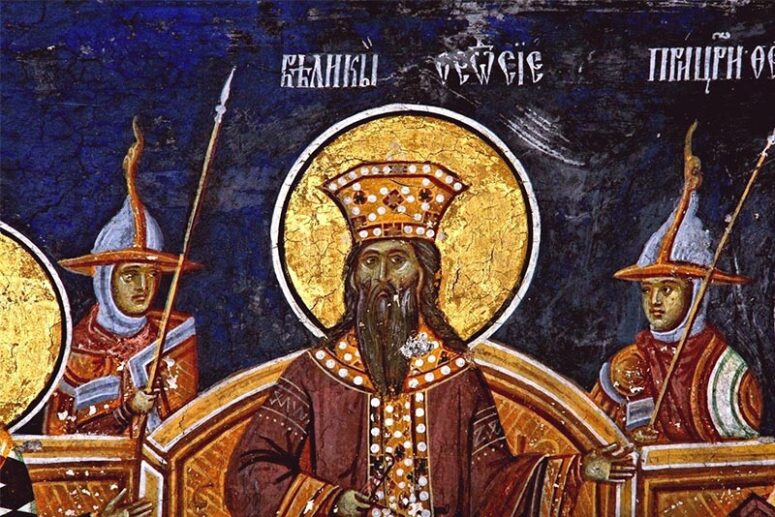
Exploring the Names of Sunday across Different Cultures
The term “Sunday” is universally recognized, but its nomenclature and cultural significance vary widely across languages and regions.
Day of the Sun
In many languages, particularly those of the Germanic group, the name for Sunday directly translates to “Day of the Sun.” This is a legacy from ancient Rome, where the day was known as dies Solis, itself a translation from the Greek heméra helíou. The term permeated through the Germanic tribes, influencing their languages: in English, it’s “Sunday,” in German, “Sonntag,” and in the Scandinavian languages, it’s “søndag” in Danish and Norwegian, and “söndag” in Swedish.
In India, the influence of solar deities is evident in the names for Sunday, such as “Ravivar” (from “Ravi”) or “Adityavar” (from “Aditya”).
The Chinese and Japanese also use the character for “sun” to denote Sunday, although their week naming conventions generally follow numerical order except for unique cultural instances like Friday being associated with “money” and Saturday with “earth” in Japan.
Lord’s Day
In languages like Greek, the name for Sunday shifts from the numeric to the divine, transitioning from “the beginning” to “Kiryaki,” meaning “the day of the Lord.” This pattern is mirrored in Armenian and several Romance languages where variations of the Latin Dominica are used: “la domenica” in Italian, “dimanche” in French, and “domingo” in Spanish.
Slavic Traditions
In Russian, “Sunday” is derived from the Old Church Slavonic words for resurrection, linking directly to the Resurrection of Jesus Christ. Conversely, other Slavic languages use terms derived from “not to do,” indicating a day of rest: “nedilya” in Ukrainian, “niedziela” in Belarusian and Polish, and “neděle” in Czech. Although “nedelya” in Russian translates to “week,” its ecclesiastical use still ties to Sundays, such as in phrases like “nedelya of the Prodigal Son” or “St Thomas nedelya.”
These diverse names reflect not only linguistic roots but also deep-seated cultural and religious connotations, emphasizing the universal yet varied reverence for Sunday across the world.
Calendar Placement of Sunday
In the contemporary calendar across most European countries, Sunday is officially the last day of the week. This is formalized by the international standard ISO 8601, which designates Monday as the week’s starting day. Despite this, Sunday remains the first day of the week in several places including Poland, the United States, Israel, Canada, and some African nations, reflecting a blend of cultural and historical views on calendar organization.

Sunday as the Small Pascha
For Christians, each Sunday is celebrated as a “small Pascha”—a weekly echo of Easter. Central to this day is participation in the Divine Liturgy, marking it as a time primarily for prayer and spiritual reflection rather than secular activities. This observance ties into the broader Christian doctrine that emphasizes Sunday’s festive nature, mirroring the joy of the Resurrection.
In Orthodox tradition, both Sunday and Saturday hold a special status; they are days of festivity as reflected in Church canons, for instance, it is prescribed that no kneeling bows are to be made on these days.
This distinctiveness is especially pronounced during Lent. Unlike the penitential focus that characterizes the weekdays of Lent, Sundays (and Saturdays) break from the norm with a celebratory service. Instead of the Liturgy of the Presanctified Gifts typical of weekdays, the full Liturgy is served, without the penitential Prayer of Saint Ephraim the Syrian, and excluding earthly bows, thus maintaining the festive spirit appropriate to the commemoration of Christ’s resurrection.
Translated by The Catalogue of Good Deeds
Source: https://foma.ru/den-rozhdeniya-voskresnogo-dnya.html


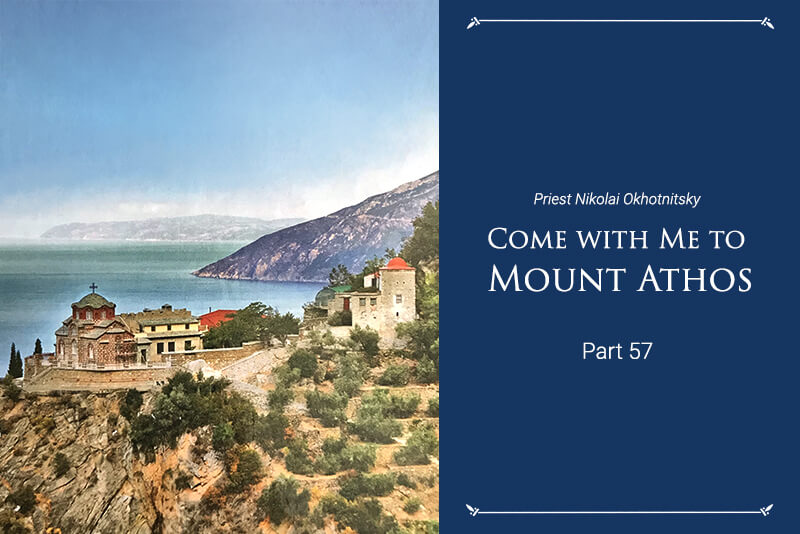
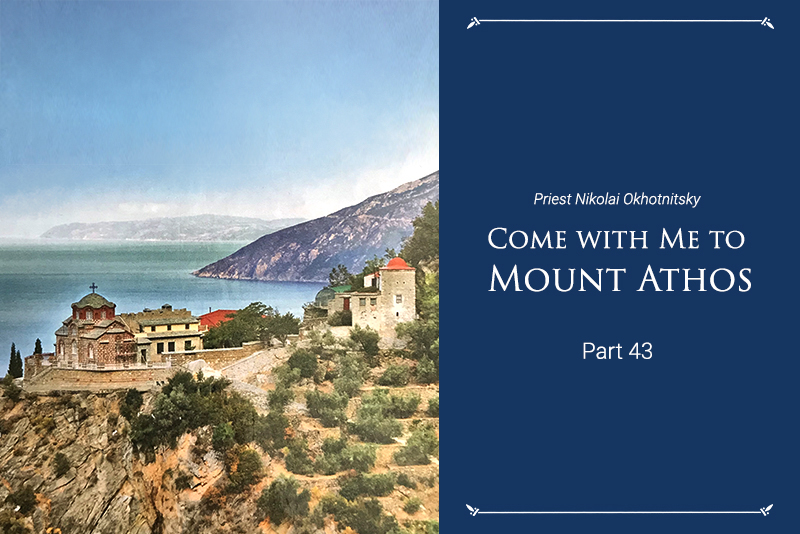
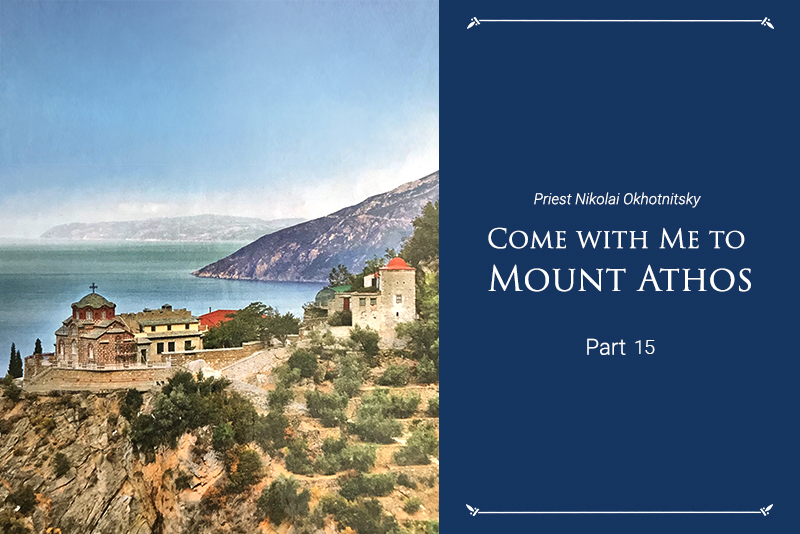
Thank you for an enlighting artical on an important subject.
I have read that Sunday, being the day after the Sabbath, the seventh day, is also the fulfilling of the prophesy of the eighth day, the day of the new age of fulfillment. Thus, Sunday is both the first day of the week, and the eighth.
f. Stefan